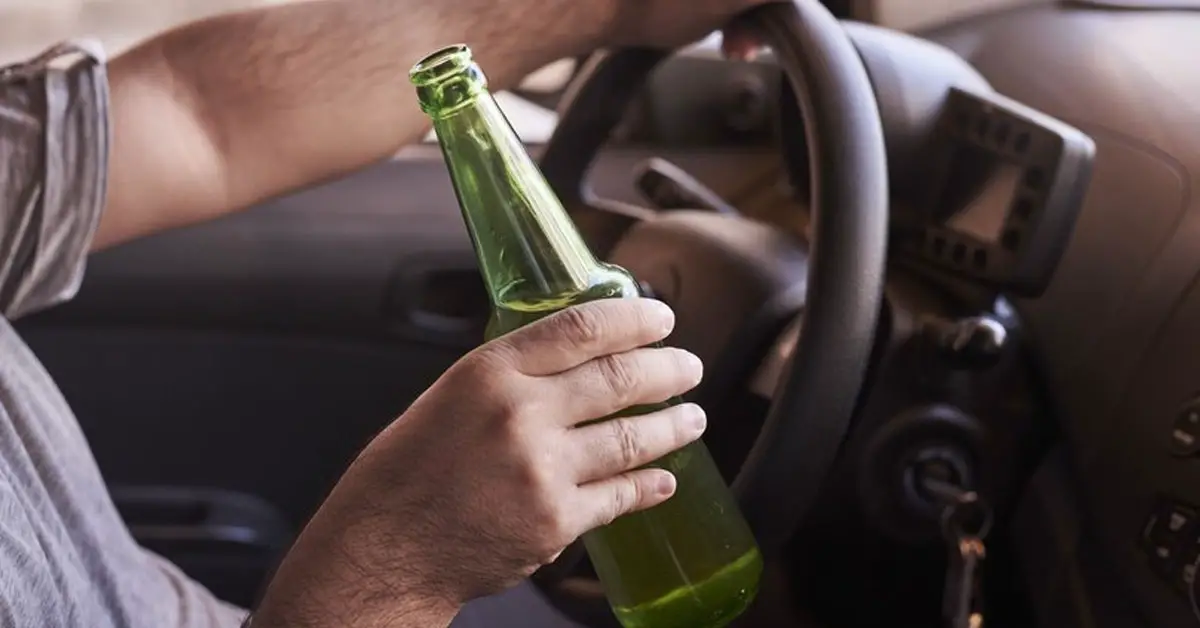Drunk driving poses significant risks to public safety and health, impacting countless lives each year. Beyond legal penalties, offenders require robust support systems for rehabilitation, crucial for personal recovery and community safety.
Drunk driving accident lawyers stress the importance of effective support structures to prevent recidivism and foster responsible behavior.
The Role of Rehabilitation in Legal Penalties
Rehabilitation programs are increasingly integral to legal penalties for drunk driving. Courts recognize the long-term benefits of rehabilitation, addressing root causes of behavior through education, counseling, and therapy. This approach aims to prevent future offenses, creating a safer society.
Types of Rehabilitation Programs
Counseling and alcohol education classes are common forms of rehabilitation, addressing personal triggers and providing vital information on alcohol’s effects and legal consequences. In-patient treatment facilities offer intensive support, including medical assistance and detoxification, catering to severe cases. Each program aims to prevent repeat offenses and aid in offender recovery.
Success Stories and Statistics
Rehabilitation programs have shown promising success rates in reducing recidivism among offenders. Studies indicate significant decreases in repeat offenses for program participants. Personal stories like John’s demonstrate the transformative impact of comprehensive rehabilitation on sobriety and advocacy against drunk driving.
Challenges in Rehabilitation
Offenders often face denial, relapse risks, and social stigma during rehabilitation. Addressing these challenges requires personalized counseling, relapse prevention strategies, and community support to overcome isolation and shame. Family and community involvement are essential for successful recovery.
The Role of Family and Community Support
Support from family, friends, and the community is crucial in offender rehabilitation. Emotional encouragement, practical assistance, and community-based programs create a supportive network, aiding accountability and motivation throughout the recovery process.
Government and Nonprofit Resources
Government and nonprofit organizations provide resources for drunk driving rehabilitation, including funding for prevention programs and victim support services. Collaboration between these organizations and legal systems ensures comprehensive rehabilitation efforts and raises awareness about drunk driving consequences.
Future Perspectives and Preventive Measures
Preventive measures, such as education campaigns and responsible alcohol consumption promotion, are crucial for addressing drunk driving. Continuous support for rehabilitated offenders, including job placement and community reintegration initiatives, is vital for long-term sobriety and reduced recidivism, ensuring a safer society.
FAQs:
- What is drunk driving rehabilitation?
- Drunk driving rehabilitation involves programs aimed at addressing the root causes of impaired driving behavior and promoting behavioral change.
- How effective are rehabilitation programs for drunk driving offenders?
- Studies show promising success rates, with significant reductions in repeat offenses among participants compared to traditional punitive measures.
- What types of support are available for offenders undergoing rehabilitation?
- Offenders have access to counseling, alcohol education classes, in-patient treatment facilities, and community-based programs to aid in their recovery journey.
- How important is family and community support in rehabilitation?
- Family, friends, and community involvement play a crucial role in providing emotional encouragement, practical assistance, and accountability throughout the rehabilitation process.

